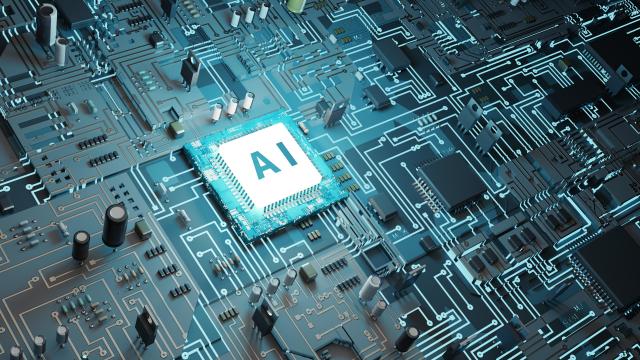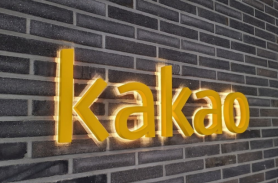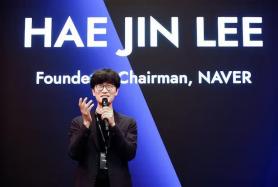
In a policy briefing to the National Policy Planning Committee at the Government Complex in Sejong, ministry officials outlined a strategy that favors promotion over regulation, amid growing global competition in AI technology.
The initiative follows a series of high-profile cybersecurity breaches, including a recent hacking incident at telecom giant SK Telecom.
The ministry’s blueprint aligns with President Lee Jae-myung’s campaign promise to develop a homegrown version of ChatGPT — dubbed the “Korean GPT” — designed for universal public access. Officials set a goal for the domestic AI model to reach at least 95 percent of the performance benchmark set by top-tier global foundation models.
To revive what officials described as a weakened research ecosystem, the government plans to raise R&D investment to 5 percent of overall public spending. The expanded funding will target core areas including AI, biotechnology, defense, and energy, as part of a broader push to meet the administration’s campaign pledges.
Among the key challenges outlined were the expansion of AI computing infrastructure, the implementation of supporting legislation under the recently passed AI Basic Act, and the development of general-purpose AI models that can serve diverse applications.
The ministry also addressed setbacks in its national AI computing center project.
After a failed tender process drew no private sector bids, officials said they would ease requirements for the special-purpose corporation intended to manage the center. New tenders will be issued, or alternative models considered, by next month.
In a nod to industry concerns over excessive oversight, the ministry said it is reviewing a proposal from the ruling Democratic Party that would introduce a three-year grace period before the AI Basic Act is fully enforced. The goal, officials said, is to craft "flexible, promotion-oriented" regulations that foster innovation rather than stifle it.
The government is also weighing a more centralized governance structure for AI policy.
Plans include strengthening the National Artificial Intelligence Committee by appointing a small cohort of private-sector experts and potentially placing the committee under direct presidential leadership. A dedicated AI policy office may be launched as early as August.
Copyright ⓒ Aju Press All rights reserved.




